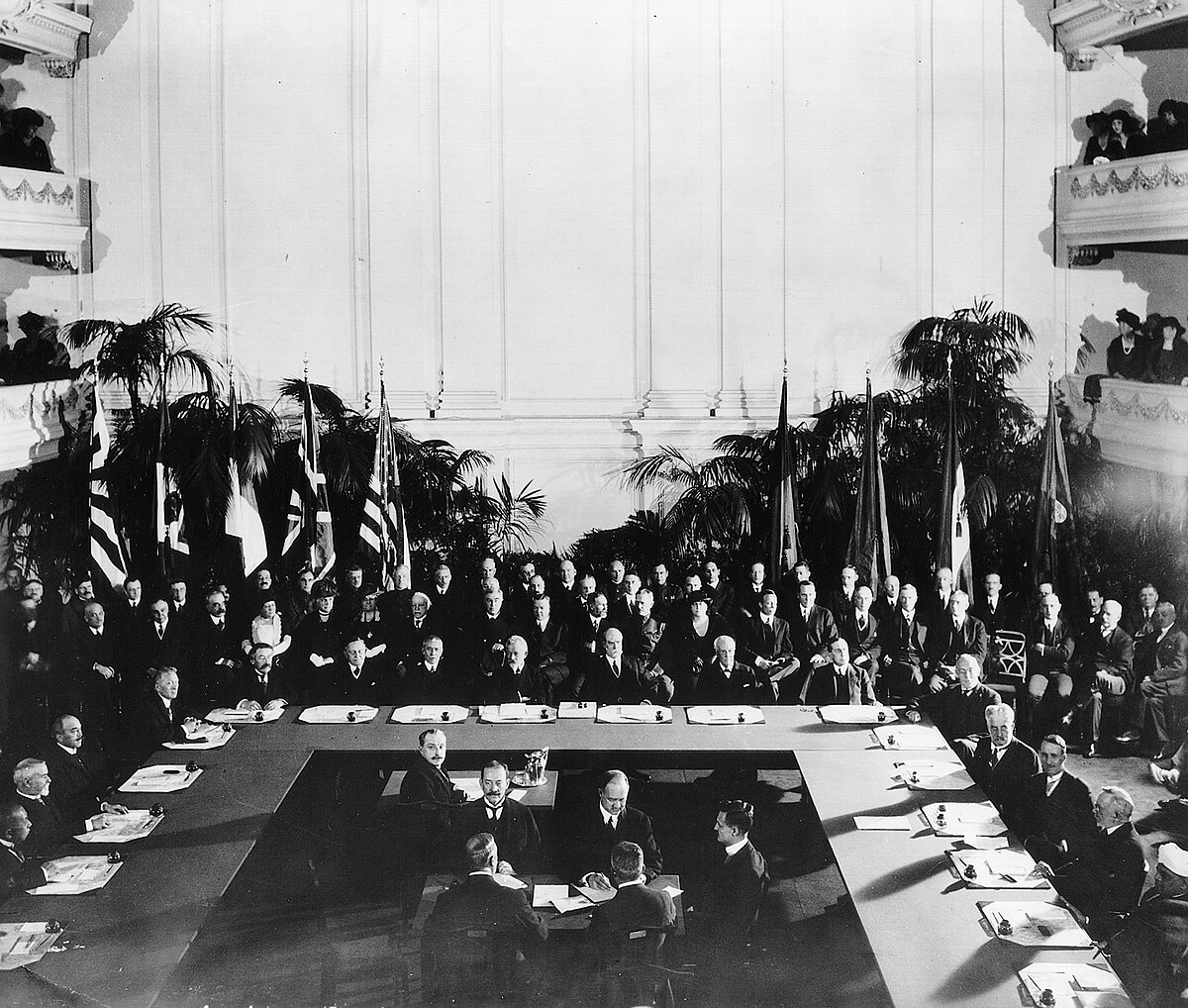The problem with the argument against dropping the bombs is that there's a TON of evidence it was the wrong thing to do. So the arguments against it can go on forever and the quotes from our own experts at the time telling us not to do it go on forever.
It wasn't just our military leaders who said it was wrong, the intelligence experts who were literally reading the Japanese cables said so too.
"we brought them [the Japanese] down to an abject surrender through the accelerated sinking of their merchant marine and hunger alone, and when we didn't need to do it, and we knew we didn't need to do it, and they knew that we knew we didn't need to do it, we used them as an experiment for two atomic bombs."
- Brigadier General Carter Clarke, officer who prepped intercepted Japanese cables for Truman
"The diary of Walter Brown--an assistant to Secretary of State James F. Byrnes-- records that aboard ship returning from Potsdam on August 3, 1945 the President, Byrnes and Admiral William D. Leahy, Chief of Staff to the President, "agreed Japas looking for peace. (Leahy had another report from Pacific) President afraid they will sue for peace through Russia instead of some country like Sweden."
"...the Potsdam declaration in July, demand[ed] that Japan surrender unconditionally or face 'prompt and utter destruction.' MacArthur was appalled. He knew that the Japanese would never renounce their emperor, and that without him an orderly transition to peace would be impossible anyhow, because his people would never submit to Allied occupation unless he ordered it. Ironically, when the surrender did come, it was conditional, and the condition was a continuation of the imperial reign. Had the General's advice been followed, the resort to atomic weapons at Hiroshima and Nagasaki might have been unnecessary."
- William Manchester, American Caesar: Douglas MacArthur 1880-1964, pg. 512.
"Obviously . . . the atomic bomb neither induced the Emperor's decision to surrender nor had any effect on the ultimate outcome of the war."
- Brigadier General Bonner Fellers, in charge of psychological warfare on MacArthur's staff
"[T]he poor damn Japanese were putting feelers out by the ton so to speak, through Russia."
- Colonel Charles "Tick" Bonesteel, Chief of the War Department Operations Division Policy Section
"Obviously . . . the atomic bomb neither induced the Emperor's decision to surrender nor had any effect on the ultimate outcome of the war."
- Colonel Charles "Tick" Bonesteel, Chief of the War Department Operations Division Policy Section
"I think that the Japanese were ready for peace, and they already had approached the Russians and, I think, the Swiss. And that suggestion of [giving] a warning [of the atomic bomb] was a face-saving proposition for them, and one that they could have readily accepted...In my opinion, the Japanese war was really won before we ever used the atom bomb."
- Under-Secretary of Navy Ralph Bard
"During recent weeks I have also had the feeling very definitely that the Japanese government may be searching for some opportunity which they could use as a medium of surrender. Following the three-power conference emissaries from this country could contact representatives from Japan somewhere on the China Coast and make representations with regard to Russia's position and at the same time give them some information regarding the proposed use of atomic power, together with whatever assurances the President might care to make with regard to the Emperor of Japan and the treatment of the Japanese nation following unconditional surrender. It seems quite possible to me that this presents the opportunity which the Japanese are looking for."
- Under-Secretary of Navy Ralph Bard
"...in the light of available evidence I myself and others felt that if such a categorical statement about the [retention of the] dynasty had been issued in May, 1945, the surrender-minded elements in the [Japanese] Government might well have been afforded by such a statement a valid reason and the necessary strength to come to an early clearcut decision. If surrender could have been brought about in May, 1945, or even in June or July, before the entrance of Soviet Russia into the [Pacific] war and the use of the atomic bomb, the world would have been the gainer."
Under-Secretary of State Joseph Grew
"I have always felt that if, in our ultimatum to the Japanese government issued from Potsdam [in July 1945], we had referred to the retention of the emperor as a constitutional monarch and had made some reference to the reasonable accessibility of raw materials to the future Japanese government, it would have been accepted. Indeed, I believe that even in the form it was delivered, there was some disposition on the part of the Japanese to give it favorable consideration. When the war was over I arrived at this conclusion after talking with a number of Japanese officials who had been closely associated with the decision of the then Japanese government, to reject the ultimatum, as it was presented. I believe we missed the opportunity of effecting a Japanese surrender, completely satisfactory to us, without the necessity of dropping the bombs."
Assistant Secretary of War John McCloy
" Primarily it was because it was clear to a number of people, myself among them, that the war was very nearly over. The Japanese were nearly ready to capitulate...It seemed to me that such a weapon was not necessary to bring the war to a successful conclusion, that once used it would find its way into the armaments of the world...".
Special Assistant to the Secretary of the Navy Lewis Strauss
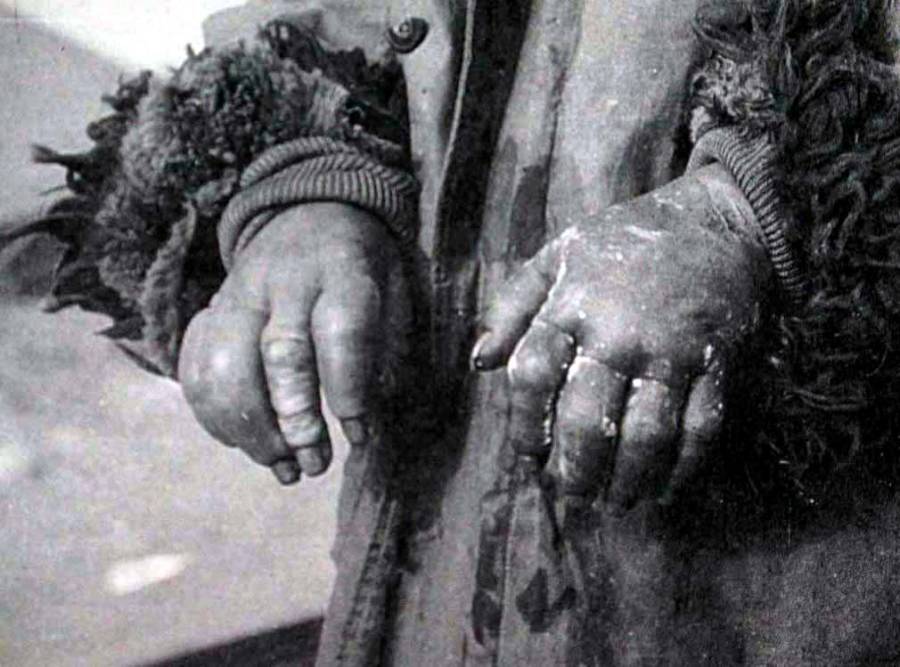
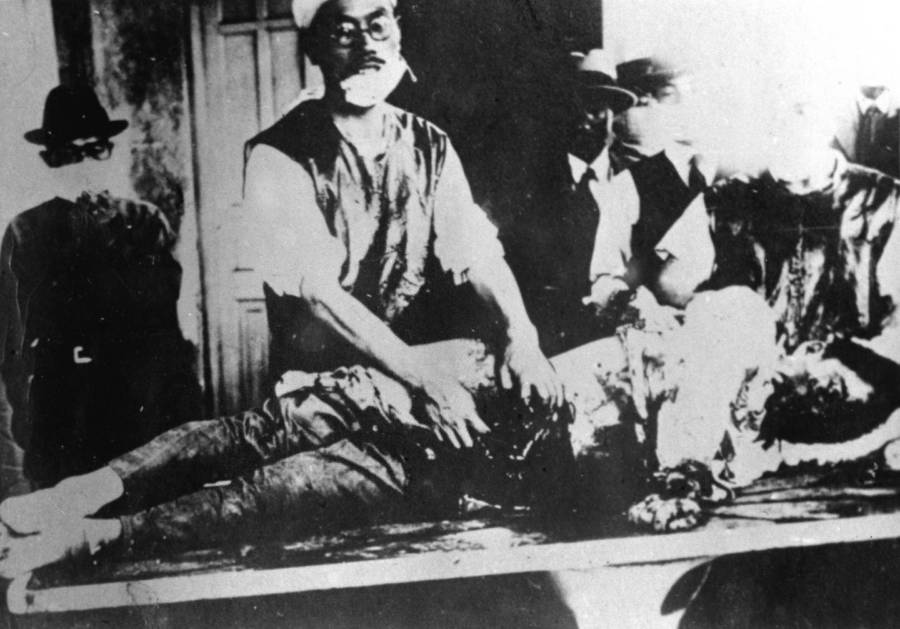
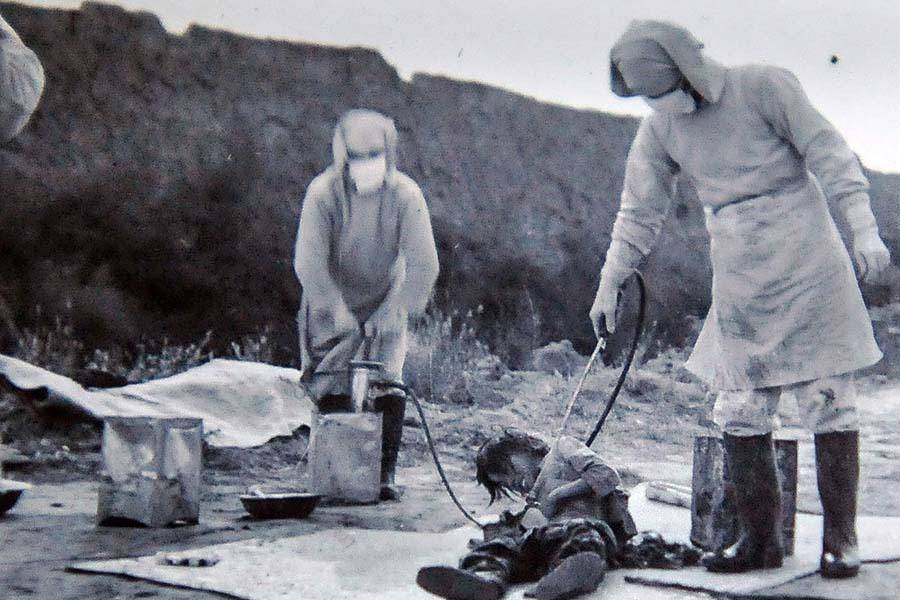
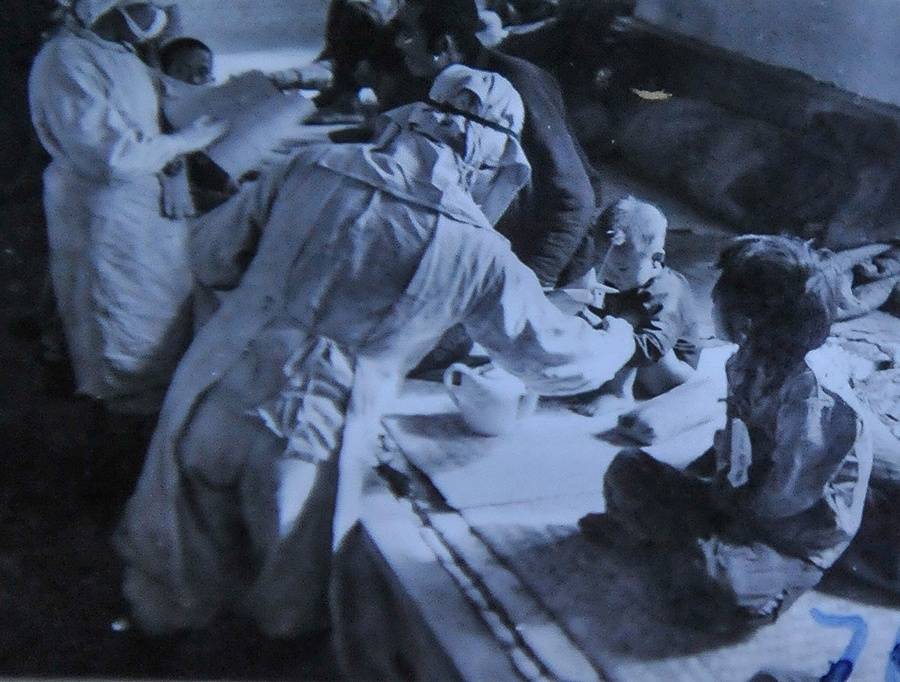
 ?
?